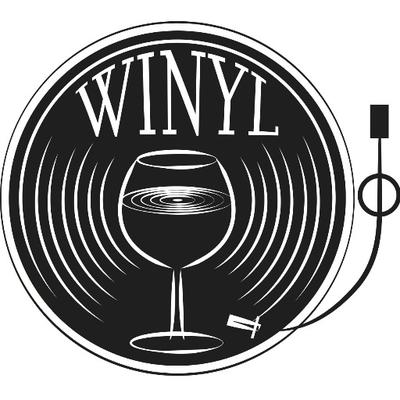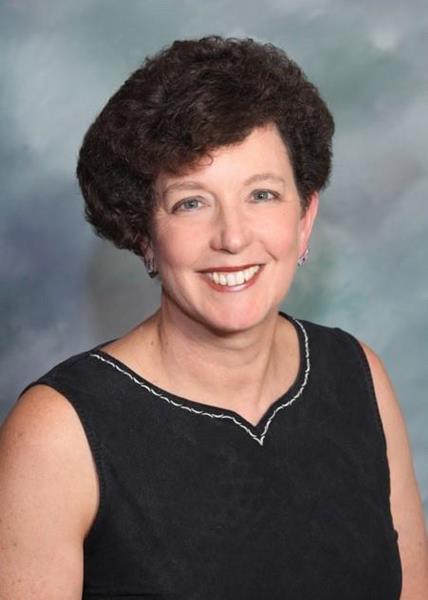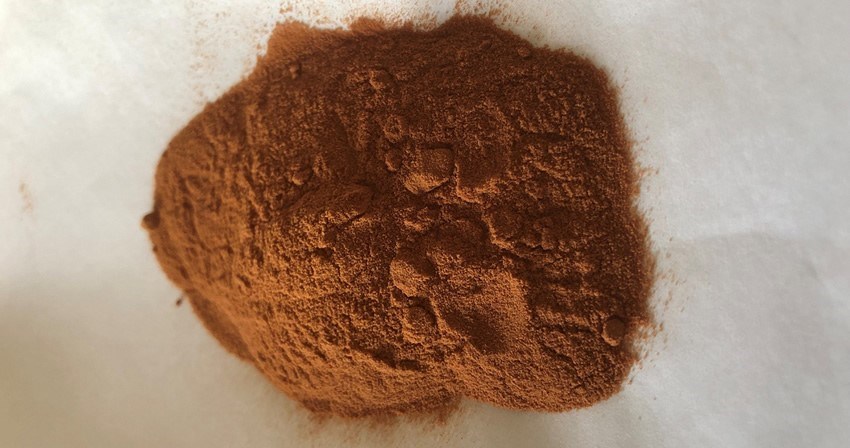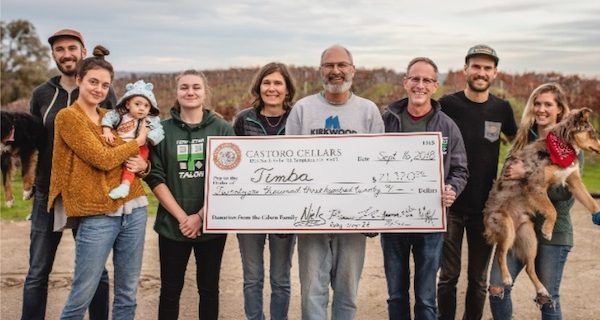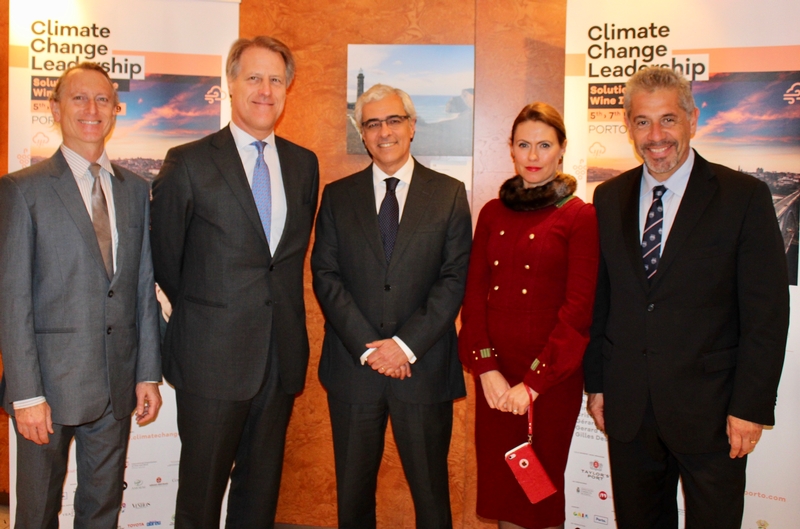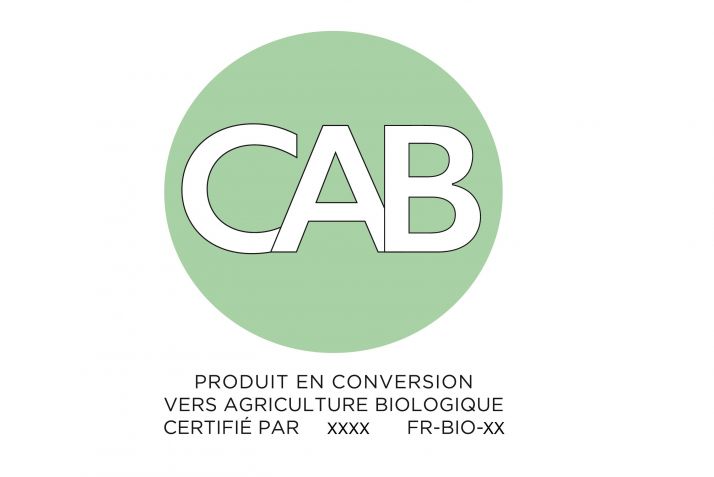 The effects of the new rules will be felt in Champagne and numerous other wine regions across France
The effects of the new rules will be felt in Champagne and numerous other wine regions across France
By Caroline Henry
Wine-Searcher
Organic winemakers in Europe have been left aghast at new rules aimed at reducing the use of copper sulfate in the EU, saying it will devastate some producers.
The recent decision by the EU's Plant, Animals, Food and Feed (PAFF) committee to phase out the use of copper compounds as pesticides over a period of seven years has been received with mixed emotions by winemakers, especially in France.
The most widely used copper compound in viticulture is copper sulfate (better known as bouilli bordelaise or Bordeaux mixture); it is currently the only effective organic fungicide to fight mildew. In organic viticulture, its use has been regulated since 2009 and, up till now, organic winemakers were limited to a maximum of 30kg/ha across a five-year period, which roughly translates to 6kg/ha/year. This built in smoothing mechanism, or lissage, allowed growers to use more in complicated years, provided they used less in easier years.
Part of the complications encountered during the reauthorizing process were linked to the fact that copper compounds have been on the EU substitution list since 2015, after both the European Food Safety Authority (EFSA) and the European Chemicals Agency (ECHA) identified risks to vineyard workers, mammals, birds, aquatic organisms and soil macro-organisms. In laymen's terms this means that the EU would ultimately like to phase out the use of copper compounds for agricultural use in the not too distant future, and there is a real chance this will transpire to be the last extension. The new regulation reflects this desire, by cutting the maximum authorized copper sulfate usage to 28kg/ha over a seven-year period, effectively reducing the average yearly usage by 33 percent (from 6kg/ha to 4 kg/ha).
Even if – after a lot of negotiation by the French government – the lissage was kept, providing organic growers with at least a small buffer, this abrupt reduction of copper sulfate usage has been seen by many producers as a real rebuke of their efforts. According to Thomas Montagne, president of the French Independent Winegrowers Association (VIF), the new limitations will leave up to 20 percent of the French organic winegrowers stranded. "When we look at the averages for the last five years, one in five organic winegrowers has used more than 4 kg/ha/year. This is a real problem."
The potential problem is especially prolific in Champagne, Bordeaux and the Atlantic Loire regions, where mildew remains a real issue. Looking back to the last seven years, these regions have seen severe mildew outbreaks in 2012, 2015, 2016 and 2018. A survey by the Association des Champagnes Biologiques (ACB) showed that in the five-year period between 2012 and 2016, 63 percent of the respondents used more than 20 kg/ha, and the average yearly copper sulfate usage amounted to 4333 kg/ha. When the 2017 data is added to this, the average yearly copper usage is at 4103 kg/ha, still in excess of the new regulation. It's important to note that the ACB survey is especially relevant as the respondents cover just less than 40 percent of Champagne's organic vineyard area (260 ha of 667 ha).
Pascal Doquet, president of the ACB, told Wine-Searcher that the new regulation is a severe set-back to Champagne's organic viticulture development. "Our data shows that 62 percent of Champagne's organic producers exceeded a smoothed average of 4kg/ha between 2012 and 2017. The new copper sulfate regulation will be a real handbrake for the domains currently in conversion and will probably lead to several domains giving up on their certification."
It's important to note that, even if organic farming in Champagne almost doubled in the last five years, only 2.1 percent of the region's vineyards are certified or in the process of certification. When we compare this to France's national organic vineyard percentage of 10 percent, it's obvious that the region continues to struggle and the new regulation is not likely to improve this.
Delphine Richard, from Champagne Francis Boulard et Fille, reiterates that compliance to the new regulation will be very much weather dependent. "It all depends on the rainfall early in the season and especially around flowering. There really are no certainties, especially not in difficult years like in 2012 and 2016. Of course, I want to do whatever I can to remain certified organic, but if we have a few difficult years in a row and we need to decide between financial survival and keeping our organic certification, we may have no choice."
Others in the region feel that even if they cannot control the weather, the new regulation may stimulate an invigorated effort in technological advances. Stéphane Hardy, an organic grower in Tours-sur-Marne, believes that the reduced authorized copper doses will force the growers to pay more attention to the actual application of them. Eric Rodez, from Champagne Eric Rodez agrees. "To be efficient in the application, organic growers need to invest both in material and people. To effectively protect the vines, it is important we treat at the right time. This means that if it is too wet to use a tractor, we use the chenillard [a light weight tracked cart], and in extreme situations we treat manually, using backpacks."
Another way growers might be able to reduce their copper usage without too much risk is by installing recovery panels on their sprayers. Alain Réaut, a biodynamic grower in Courteron, has been testing the panels this year, and said that, at the start of the growing season when the first treatments are applied, one could recover, and hence reuse, up to 80 percent of the copper applied. This figure was confirmed by Benoît Lahaye in Vouzy, who also tested the panels this year. However, at the recent AGM of the Association Viticole Champenoise, the technical teams of the Comité Champagne (CIVC) estimated the effectiveness of the recuperation panels to be only 30 percent. When asked if the CIVC would invest extra resources in assisting the struggling organic growers, Vincent Perrin, the CIVC's general director, explained that "while the technical teams are always open to exploring methods which reduce the use of pesticides, these efforts would not be focused specifically on the organic growers".
Under the new regulations it will be harder for producers in the Champagne region to qualify as organic.© Spirited Gifts | Under the new regulations it will be harder for producers in the Champagne region to qualify as organic.
Whereas this reasoning resonates in the wider Champagne context, effective technical solutions and/or alternatives to copper sulfate will need to be seriously explored to preserve organic winegrowing in the region. The historically dense planting (between 8000 and 10,000 vines/ha), pruning and trellising system further complicates things for the organic Champenois. According to Johann Merle, technical director at Champagne Roederer, the new regulation may seriously hamper organic growers to attain the suggested yields of 10,000 kg/ha. Champagne Roederer began its organic conversion this year by certifying 105 ha, and, according to Merle, the plan is to continue the conversion. "The 6kg/ha average gave us a certain leeway, which really helped in a mildew-prone region like Champagne. Nevertheless, by working biodynamically, it is possible to harvest a reasonable crop in a difficult year and staying under the new 4kg/ha limit, as we did in 2016." He admitted that it would require a lot of extra efforts and technical investments, and that in the long run another solution would have to be found, to keep the grape costs "reasonable".
A few diehard followers of Maria Thun's biodynamic calendar, believe that following the calendar to the minute can eliminate organic growers' dependence on copper sulfate to battle mildew. Philippe Lancelot, from Champagne Lancelot-Wanner, has a keen interest in astronomy and has tested applying biodynamic preparations strictly following the Maria Thun calendar with great results. However, he admits that it comes with yield losses, and that it is not so easy to work this way on large surfaces. However, over the past seven years he has remained comfortably under the 28kg/ha limit.
In the Loire and Bordeaux, organic producers also remain hesitantly positive. Sabrina Pernet, technical director at Château Palmer, told Wine-Searcher that the lissage should allow them to work within the new limits, based on calculations of the past seven years. Still, she mentioned that if the next few years were to be like 2018 or 2015, the reduced yields would require the château to make changes. Similar reflections were made by Boris Desbourdes, from Château de la Marinière in Chinon, who recently completed his organic certification on his 16-ha estate. "Over the past five years we have met the new 4kg/ha limit, but sometimes at a cost of almost 50 percent of our potential yield."
The main reason for the sharp reduction in authorized copper compounds usage in agriculture, stems from the fact that copper sulfate does not dissolve and hence accumulates in the soil. And this is also one of the main reasons why the EU is looking to prohibit it in the future. However, things aren't as simple and there remain several so-called research gaps unable to explain certain anomalies. For example, there are big differences between the copper content on the soil surface compared with the content at depth. For copper retention in the soil, the copper content at depth needs to be studied. Several biodynamic producers have invested in soil analysis since their conversion, and the results of all these studies are conclusive: over time the copper content at depth reduces to a negligible amount. Pernet explains: "We started soil analysis before we converted to organic farming. One thing I have found striking is that the amount of copper content at depth has reduced year on year since we began our biodynamic conversion in 2009."
This information may prove a valuable weapon in a few years' time, when the organic growers will battle the EU again to keep the right to use copper sulfate, believes Doquet, who has begun to gather data on the subject. Pernet adds that gathering data remains vital as long as there is no effective organic alternative to copper sulfate.
Another consequence of the new EU copper regulation is that, unlike the previous regulation, it is not limited to organic farmers. Since the main reason behind the change is the risk of copper retention in the soil, the regulation applies to everyone. And this is where the real trouble starts, because copper sulfate is widely used in French viticulture. In fact, there are more copper compounds used in conventional viticulture than in organic viticulture. This is because copper compounds are very often combined with other chemical products, and are thus applied by many growers who may not even realize they are using it. Furthermore, the Bordeaux mixture can currently be purchased over the counter, as it is commonly used to protect household gardens from mildew. As it is cheap and easy to get, many conventional growers use it in difficult years to boost their chemical protection and in easy years to save on pesticide costs. To illustrate this, Arnaud Descotes, technical director at the CIVC, told Wine-Searcher that more than half the pesticides used in Champagne were authorized in organic farming, which implies close to 50 percent of the Champagne producers use copper compounds. It is likely figures are similar in other viticultural regions.
However, since there are very few control mechanisms for conventional growers, it will be a lot more complicated to enforce this new rule in conventional than in organic viticulture. Wine-Searcher repeatedly tried to get an answer from Didier Guillaume, the French agriculture minister, on how his department envisaged a control mechanism for conventional winegrowers, to no avail. One reason for the silence may be that there currently is no effective way to enforce the new regulation for conventional growers. The pesticide plan will probably encourage pesticide producers to exchange copper compounds with other chemicals and, at the same time, change the current sales regulations around copper compounds, as well as increase its price. The latter is definitely in the pipeline as several organic growers confirmed a significant price hike for next year.
Whatever happens, it is unlikely that controls for conventional growers will be in place when the new EU regulation takes effect in January.











